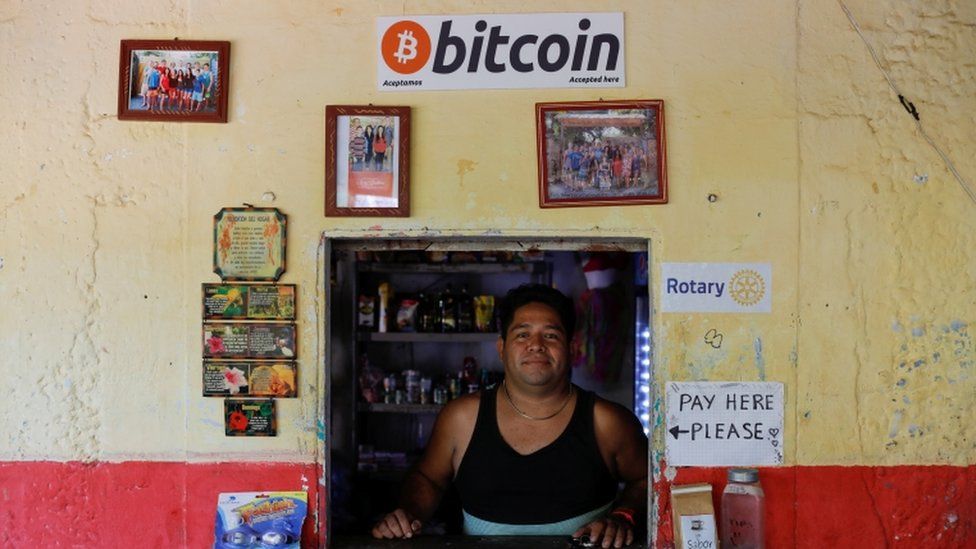El Salvador has been encouraged by the International Monetary Fund (IMF) to rescind its plan of making Bitcoin (BTC) legal tender. El Salvador became the inaugural nation back in September of last year to successfully enable its citizens to use cryptocurrencies in all purchases alongside the United States dollar (USD).
Mixed reactions
Large-scale demonstrations erupted in response to the decision, which many feared would bring widespread inflation and instability to the already struggling Latin American country. While it is true that many commended President Nayib Bukele for his progressive approach and eagerness to be different, BTC has since lost about half of its value since November 2021. Nonetheless, Bitcoin is currently accepted everywhere in El Salvador for numerous products and services.
When El Salvador made Bitcoin legal tender, the local government developed a new digital wallet application, offering each citizen $30 in BTC. Over 200 additional cash machines have also been placed across the nation.
Furthermore, the El Salvador government touted the policy as a tool to stimulate economic development and job creation, but the decision has nonetheless split El Salvador's citizens in terms of overall acceptance since it requires companies and businesses to accept the flagship crypto as payment whenever feasible with little to no choice. The discontent is largely because Bitcoin is a contentious virtual currency in part because its value has often changed dramatically, causing it to increase and decrease substantially over the last decade.
IMF doesn't want BTC as legal tender
The IMF has cautioned President Nayib Bukele of the hazards that crypto poses to the country, emphasising that obtaining a loan from the agency would be difficult if BTC was made legal tender within the country .
To that end, the directors of the board have now 'urged local authorities to reduce the scope of the BTC law by withdrawing its legal currency status'. They emphasised the significant dangers connected with the usage of Bitcoin regarding financial stability and integrity along with consumer protection. Lastly, they also mentioned the great risks involved with the issuance of Bitcoin-backed bonds.
Ultimately though, President Bukele appears unfazed by the warnings of the IMF and has even announced the construction of a &lsquoBitcoin City', which shall reportedly utilise the geothermal energy generated by the country's volcanoes to power the initiative. The leader also recently admitted to &lsquobuying the dip' pertaining to the current state of the crypto market.














